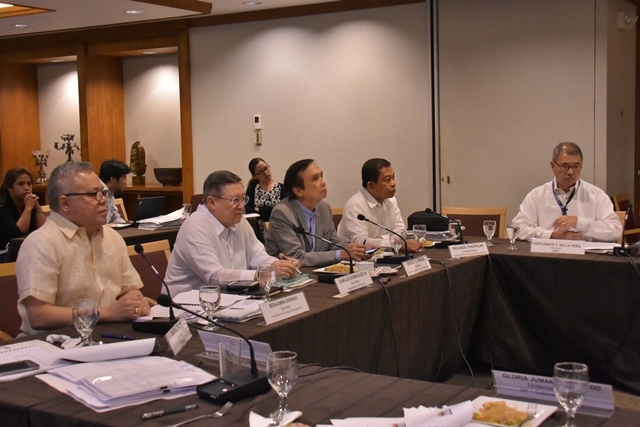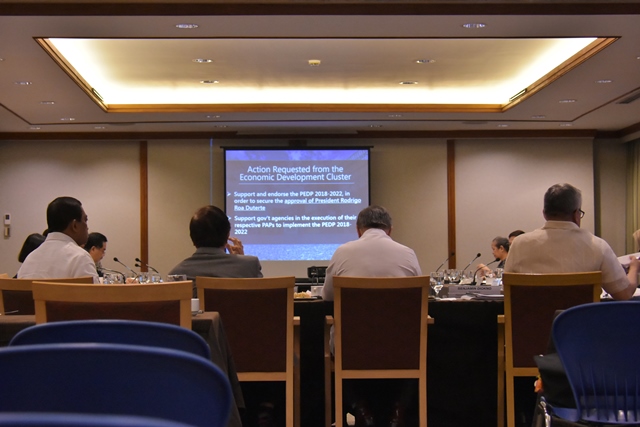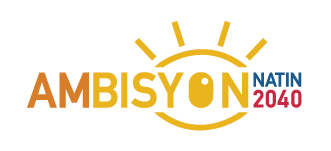
The National Economic and Development Authority (NEDA) said that the proposed plan to boost the country’s exports will ensure that targets in the Philippine Development Plan (PDP) 2017-2022 are met.
The Economic Development Cluster (EDC) endorsed last Thursday the Philippine Export Development Plan (PEDP) 2018-2022 for the approval of President Rodrigo Duterte.
The PEDP 2018-2022 is a five-year roadmap aimed at improving exports performance and increasing the sector’s competitiveness.
“Our latest exports numbers (April 2018) have not been so good. All products showed negative growth rates, except mineral and forest products, as well as electronics. We expect the PEDP to ramp up our exports, thereby meeting our targets in the Philippine Development Plan 2017-2022,” Socioeconomic Planning Secretary Ernesto M. Pernia said during the EDC meeting last June 14.
In 2017, the country’s merchandise exports grew by 10.15 percent to USD 63.2 billion vis-à-vis 2016’s performance of -2.42 percent to USD 57.4 billion, based on a report by the Philippine Statistics Authority. Top sector gainers include coconut products, sugar products, forest products, mineral products, electronics, among others.

The PDP 2017-2022 targets a yield of USD122 to USD130.8 billion in revenues from export goods and services by 2022.
Pernia added that the PEDP 2018-2022 is very much aligned with the PDP, which calls for boosting services exports, increasing the competitiveness of Philippine exports, and exploring new markets for Philippine products.
“Understanding the challenges faced by the industry such as cumbersome regulations, issues on supply, access to trade finance, and capacity for innovation, the PEDP aims to address these through the implementation of its three identified strategies,” said Trade and Industry Secretary Ramon M. Lopez.
The first strategy is to improve the overall climate for export development. Such will be done by removing regulatory impediments, enhancing trade facilitation, and fostering forward and backward linkages.
Second is to exploit existing and prospective opportunities from trading arrangements. And the third is to design comprehensive packages to promote select products and service sectors.
Meanwhile, the PEDP identifies as urgent the passing of the National Quality Infrastructure Bill, which seeks to harmonize the country’s strategies on standards, testing, certification and quality accreditation, and thus support national authorities for consumer protection, free trade, and environmental protection.
The Plan also calls for the strict implementation of the Ease of Doing Business Law, which was signed into law by the President last May 28.
Other government programs the PEDP notes that will boost exports are the following: Regional Interactive Platform for Philippine Exporters (RIPPLES Plus) of the Department of Trade and Industry (DTI), Agribusiness Support for Promotion and Investment in Regional Expositions (ASPIRE) of the Department of Agriculture, and the National Single Window Program of the Department of Finance, among others.
The EDC is an executive body mandated through Executive Order No. 43, series of 2011, to promote inclusive, sustainable, and rapid economic growth. It was reorganized through Executive Order No. 24, series of 2017, which now has 15 member agencies, including NEDA, and is chaired by the Department of Finance.
DIS-PRD, loc. 103
Photos by Leody P. Barcelon
